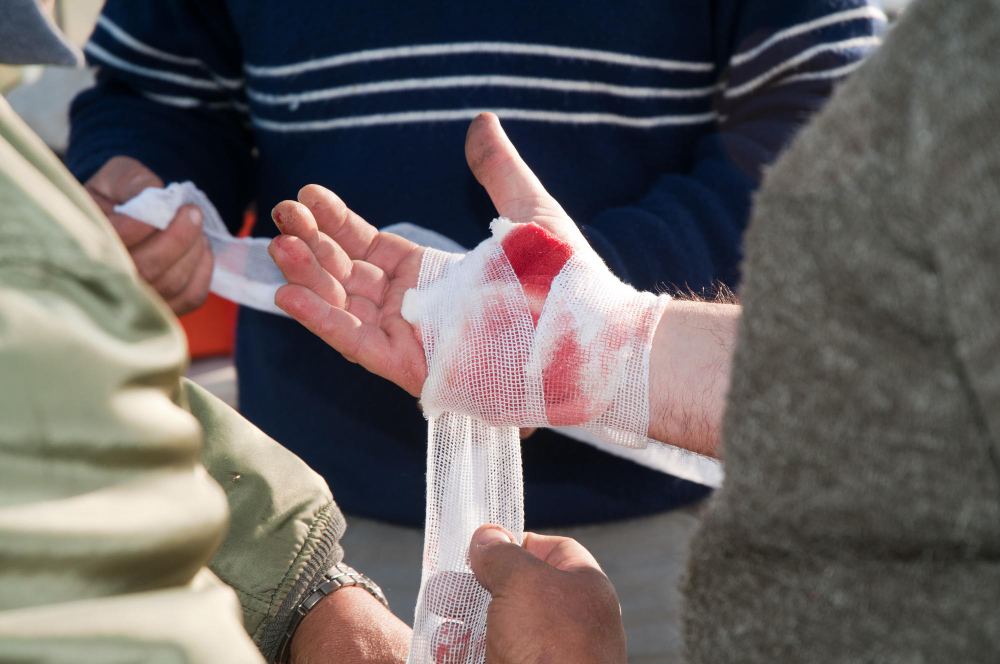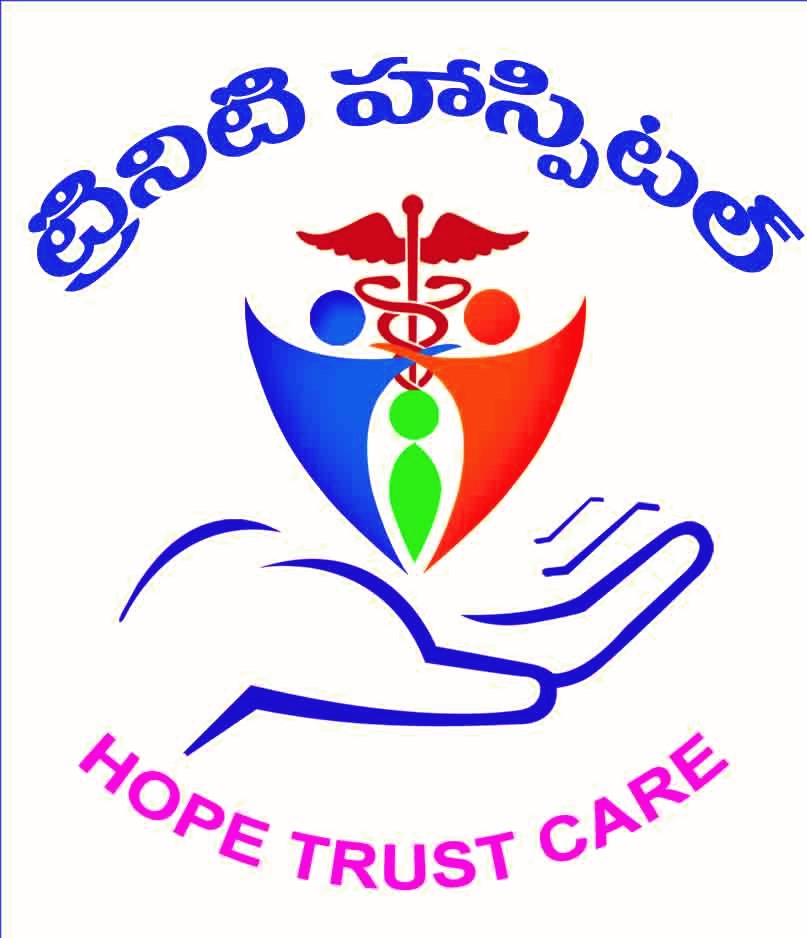Accident Care

Accidents can happen unexpectedly, causing various injuries that require immediate and specialized medical attention. Accident care encompasses the comprehensive treatment and management of injuries sustained in accidents, aiming to stabilize the patient, alleviate pain, and promote recovery. It is crucial to seek prompt medical care following an accident to prevent complications and ensure the best possible outcome.
Immediate Response
The first step in accident care is providing immediate medical attention. This often involves emergency responders or trauma teams who assess the severity of injuries and provide necessary interventions. Immediate response includes stabilizing the patient, controlling bleeding, and addressing life-threatening conditions. Timely intervention is critical in preventing further injury and improving recovery prospects.
Comprehensive Evaluation
Following initial stabilization, a thorough evaluation is conducted to identify all injuries. This includes physical examinations, imaging studies like X-rays or CT scans, and other diagnostic tests. The goal is to develop a detailed understanding of the patient’s condition, which guides the treatment plan. Accurate diagnosis is essential for effective treatment and rehabilitation.
Advanced Treatment Options
Accident care involves a range of advanced treatment options tailored to the specific injuries sustained. This may include surgical interventions to repair fractures or internal injuries, orthopedic treatments for bone and joint injuries, and specialized care for head or spinal trauma. Non-surgical treatments such as physical therapy, pain management, and orthobiologic therapies like PRP (Platelet-Rich Plasma) or BMAC (Bone Marrow Aspirate Concentrate) injections are also utilized to promote healing and restore function.
Rehabilitation and Recovery
Rehabilitation is a vital component of accident care, focusing on restoring mobility, strength, and overall function. A personalized rehabilitation plan is developed based on the patient’s specific needs, incorporating physical therapy, occupational therapy, and other supportive treatments. The goal is to help patients regain their independence and return to their daily activities as fully and quickly as possible.
Prevention and Education
Preventing future accidents and injuries is an important aspect of comprehensive accident care. Patients are educated on safety measures, proper use of protective equipment, and techniques to avoid common hazards. By promoting awareness and preventive practices, the risk of future accidents can be significantly reduced.
Accident care is a multifaceted approach that requires the expertise of a skilled medical team. With prompt and advanced care, patients can achieve optimal recovery and return to their normal lives

